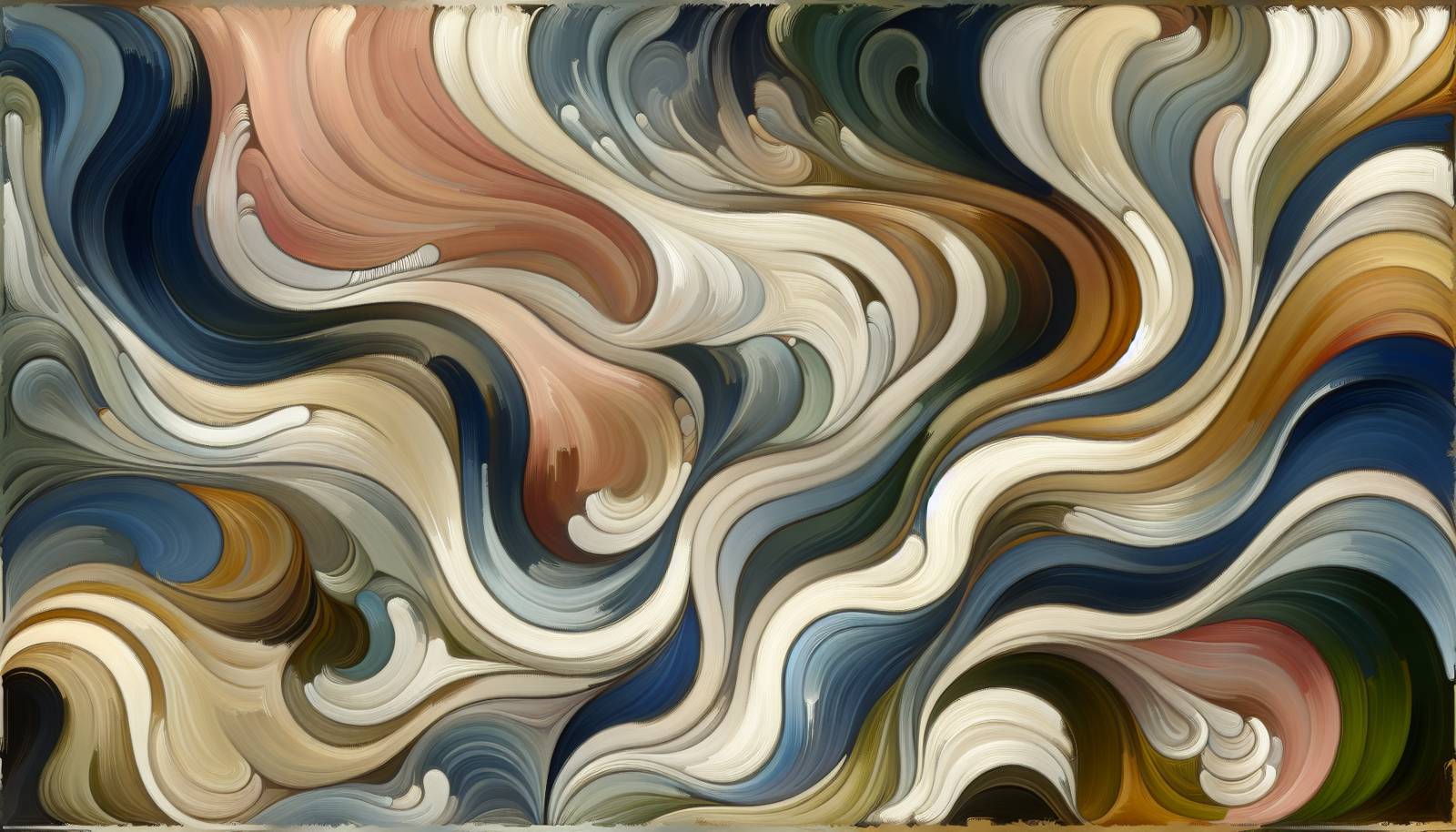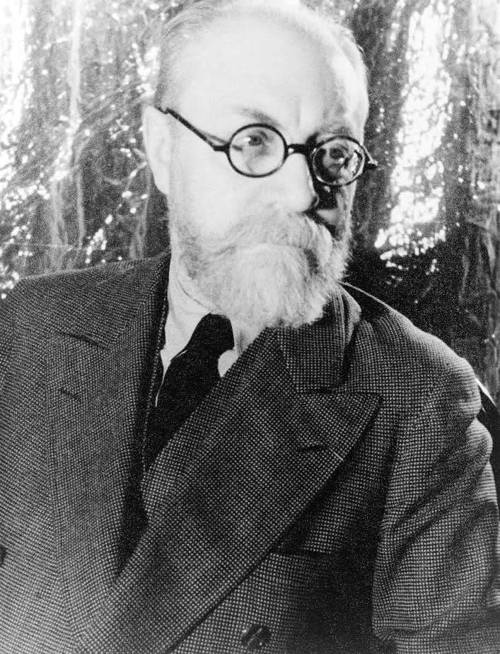
FAQ About Henri Matisse

Who was Henri Matisse?
Henri Matisse was a French artist known for his significant contributions to modern art through painting and sculpture. He was born on December 31, 1869, and is renowned for his use of vibrant color and fluid draughtsmanship.

What art movement is Matisse associated with?
Henri Matisse is primarily associated with the Fauvism movement, which emphasized bold colors and strong brushwork. Fauvism was considered a stepping stone towards modern expressionism and cubism.

What are some of Matisse's most famous works?
Some of Henri Matisse's most famous works include The Dance, Woman with a Hat, and Red Room (Harmony in Red). These pieces highlight his innovative use of color and abstract forms.

How did Matisse's style change over time?
Henri Matisse's style evolved from realistic interpretations to bold color usage and abstract forms, particularly evident in his Fauvist period. Later in his career, he expanded into paper cut-outs and simplified forms.

What technique is Matisse famous for pioneering?
Matisse is well-known for pioneering the technique known as "painting with scissors," where he created colorful paper cut-outs that were assembled to form large compositions. This technique became a significant part of his work in his later years.

Where can I see Matisse's artwork today?
Henri Matisse's artwork can be seen in major museums worldwide, including the Museum of Modern Art in New York, the Hermitage Museum in St. Petersburg, and the Centre Pompidou in Paris.

How did Matisse contribute to modern art?
Henri Matisse contributed to modern art by breaking traditional rules of representation and emphasizing color and abstraction. His works influenced many subsequent art movements and artists, propelling art into more expressive realms.

Did Matisse have any formal art training?
Yes, Henri Matisse received formal art training at the Académie Julian and later at the École des Beaux-Arts in Paris, where he studied under Gustave Moreau, who influenced many notable artists of that time.

When did Matisse live and work?
Henri Matisse was born on December 31, 1869, and he passed away on November 3, 1954. His active years spanned from the late 19th century into the mid-20th century, a period of significant change in art.

What materials did Matisse commonly use in his art?
Aside from traditional oil paints and canvas, Henri Matisse also used colored paper for his cut-outs. He explored various media, including sculpture, printmaking, and drawing, making him a versatile artist.

How is Matisse's sculpture work characterized?
Matisse's sculpture work is often characterized by its simplicity and focus on form rather than intricate detail. His sculptures served as a foundational element in understanding the volume and shapes, which he then translated into his paintings.

What influence did Matisse have on future artists?
Henri Matisse greatly influenced future generations of artists, particularly with his use of color and abstract forms. His bold techniques inspired artists in movements such as Abstract Expressionism and Color Field painting.

What challenges did Matisse face in his career?
Henri Matisse faced several challenges, including skepticism from traditional art critics during his Fauvist period. Additionally, in his later years, he overcame physical disabilities to continue creating art, notably his famous cut-outs.

Why is Matisse often compared to Picasso?
Matisse is often compared to Pablo Picasso because both were pivotal figures in 20th-century art, pushing boundaries and influencing numerous art movements. Despite their different styles, they maintained a mutual respect and rivalry.

What are Matisse’s key contributions to Fauvism?
Matisse's key contributions to Fauvism include his emphasis on vivid, expressive colors and simplified forms. His leadership in the movement helped set the foundation for modern expressionist techniques.

How did Matisse's health affect his work?
In the latter part of his life, Matisse's health declined due to cancer, which limited his ability to paint traditionally. This led him to develop his cut-out technique, using paper and scissors to create artworks directly from his bed or wheelchair.

What legacy did Matisse leave behind?
Henri Matisse left a legacy of challenging artistic conventions and pioneering new techniques that paved the way for future art movements. His work continues to be celebrated for its emotional impact and innovation.

Did Matisse work in collaboration with other famous artists?
While Matisse did not have many formal collaborations, he was part of an artistic community with connections to many prominent artists of his time, including Picasso. Their exchanges and interactions influenced each other's work.

What impact did Matisse have on art education?
Matisse impacted art education by inspiring new concepts around color theory and abstraction. His approach to art-making has been studied extensively and continues to influence artists and art educators worldwide.

Where was Matisse from?
Henri Matisse was from Le Cateau-Cambrésis in northern France. His French heritage and culture played a significant role in shaping his artistic perspectives and development.
